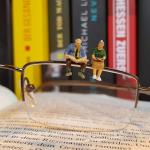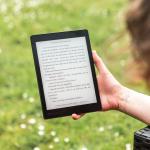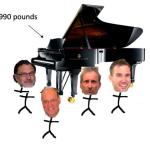In the last half-century, commercial nuclear power plants have gone from large to huge to gargantuan – it’s not uncommon for a nuclear power station to contain multiple reactors that each produce over 1000 MW (megawatts) of electricity from corres
Other Science News
“She was trying very hard to be a cannabis influencer,” a former coworker at a weed company says.
A musical icon, Joni Mitchell, returned to the stage 7 years after a brain aneurysm left her unable to speak or play the guitar. This is a real example of the strength of the human spirit.
In our earlier times, we heated our homes with wood – the material that warms twice, once when you cut it and again when you burn it.
Perhaps it is the fact that my grandson is visiting, but this piece from Marginalia caught my eye. It is the background story of Ferdinand the Bull, whom I first met as a child in the book and Disney short.
“There are times when I’m walking down the street in New York, just feeling the force of the earth on my feet, and the sheer improbability of this chain of events stops me in my tracks: None of this had to be.
“This is as good as science itself can get us. We can describe the biological functions of a fertilized egg, and the abilities of a fetus as it develops slowly into a person.
“Most medical communications are difficult to read. To determine why, contributions to three issues of the New England Journal of Medicine were studied, and the prose analyzed.












